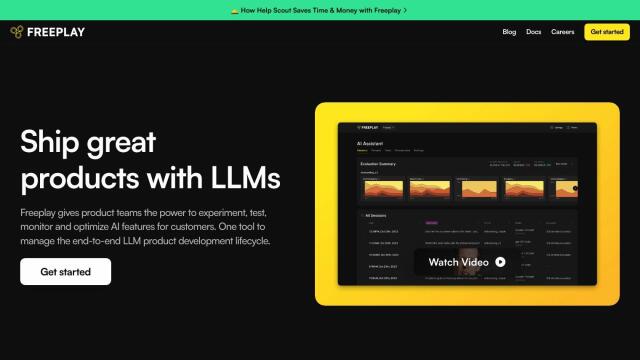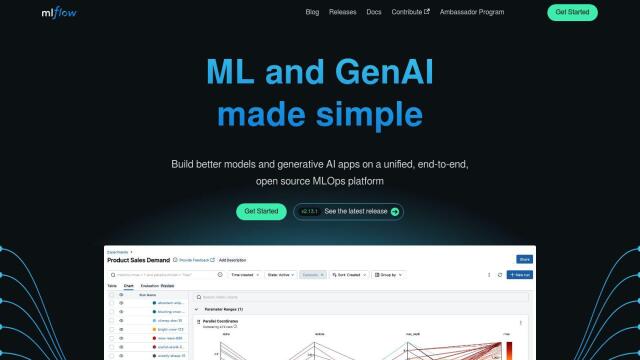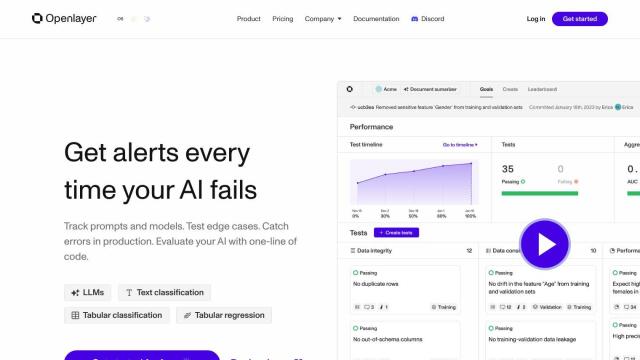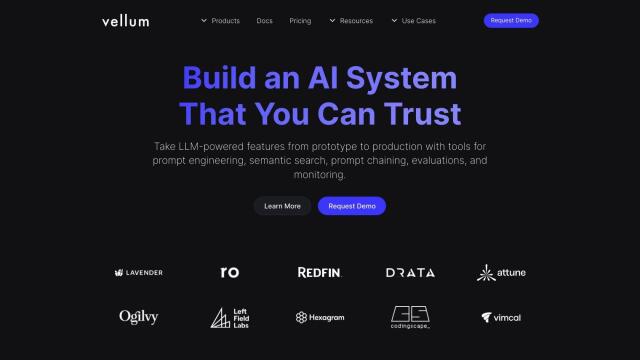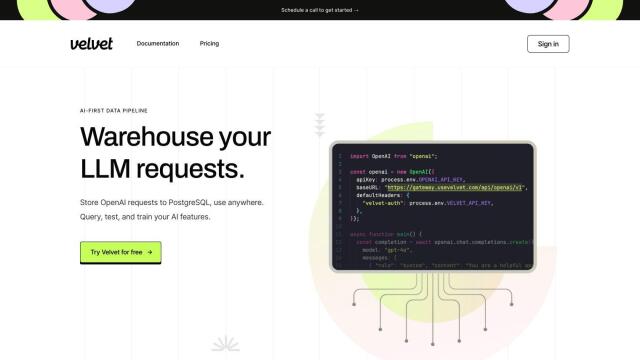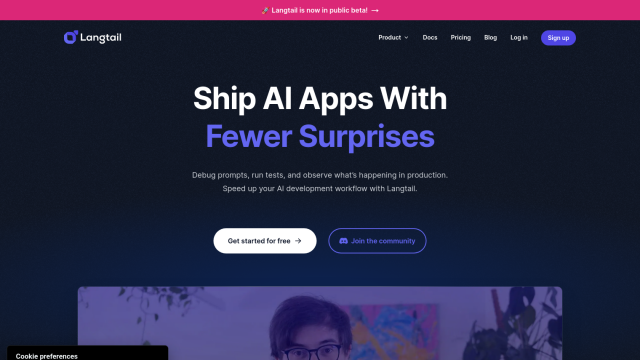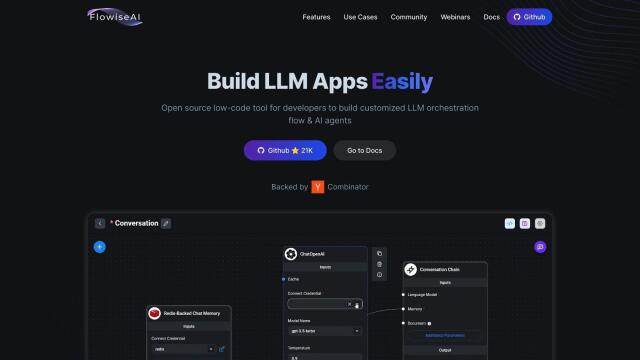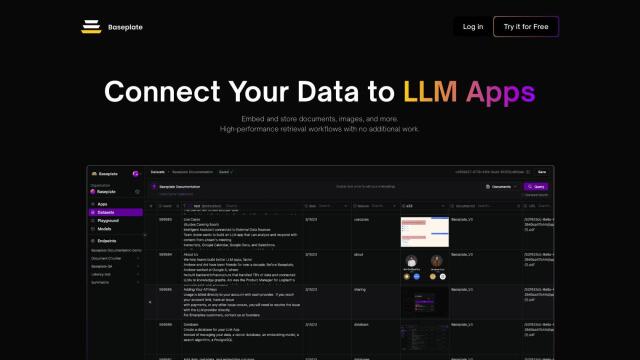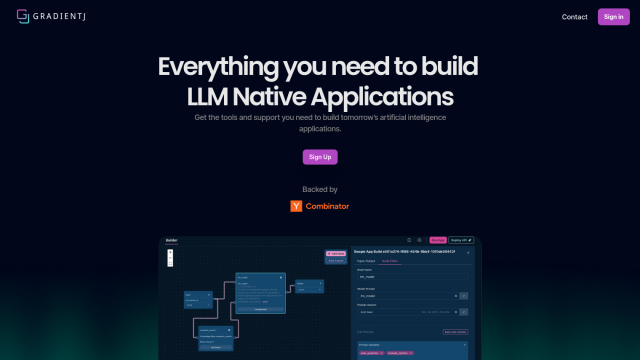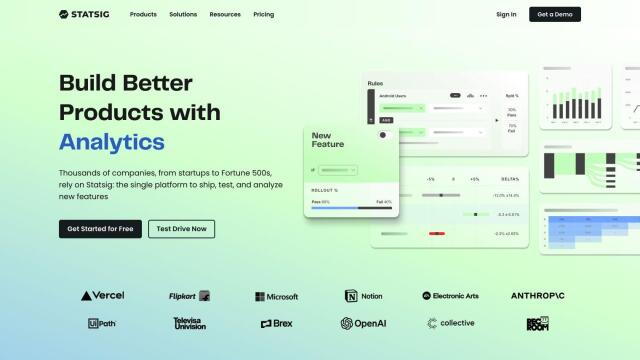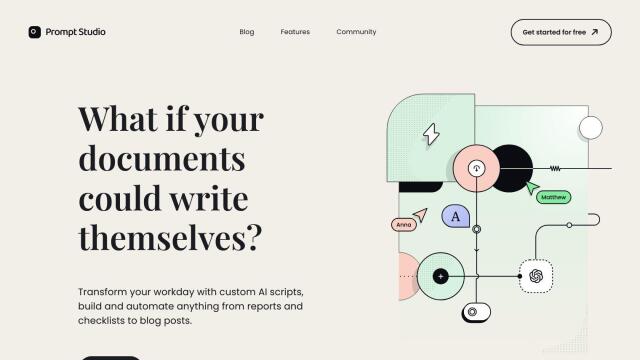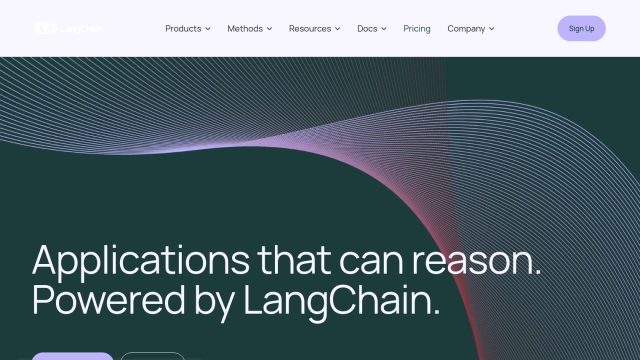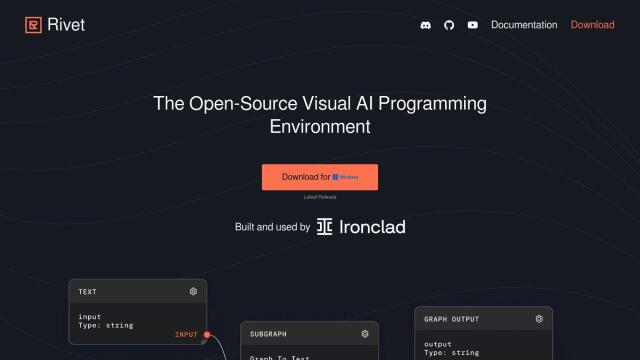Question: Is there a solution that provides a comprehensive experimentation environment for LLM pipelines, including dataset management and observability features?

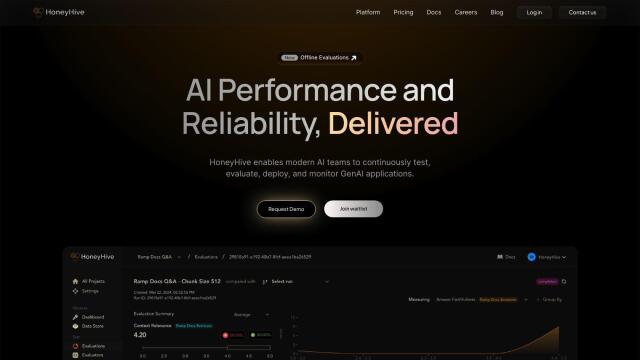
HoneyHive
If you're looking for a full-fledged experimentation environment for LLM pipelines, HoneyHive is a top contender. It's a single place for collaborative testing, dataset management and observability. It includes features like automated CI testing, prompt management, dataset curation and production pipeline monitoring. With support for more than 100 models and integrations with major GPU clouds, HoneyHive is a powerful environment for debugging and testing large language models.
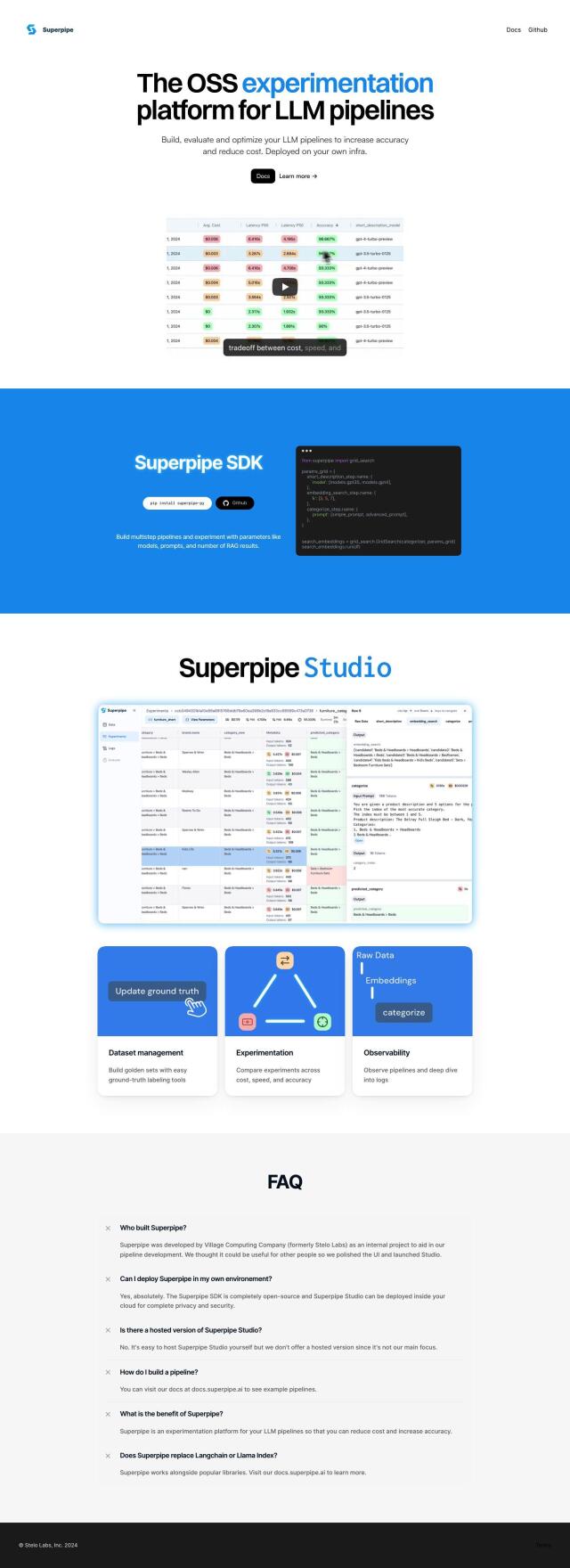
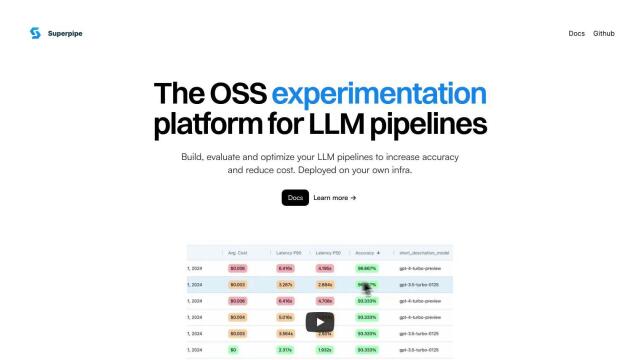
Superpipe
Another top contender is Superpipe, an open-source platform for optimizing LLM pipelines. It includes tools like Superpipe SDK for constructing multistep pipelines and Superpipe Studio for managing datasets and running experiments. With its self-hosted option, you have complete control over privacy and security, and it integrates with libraries like Langchain and Llama Index, so it's a good option for optimizing your pipelines without breaking the bank.

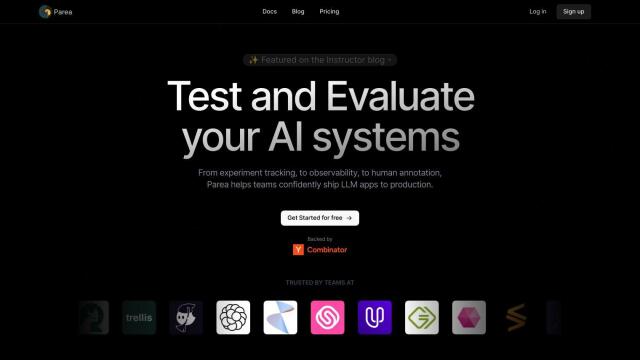
Parea
If you're looking for a platform that focuses on human annotation and experimentation, check out Parea. It has tools for tracking experiments, monitoring performance and collecting human feedback. Parea includes a prompt playground for testing different prompts and datasets, and it integrates with big LLM providers like OpenAI and Anthropic. Its Python and JavaScript SDKs let you easily integrate it into your workflows, making it a flexible and powerful tool for AI teams.

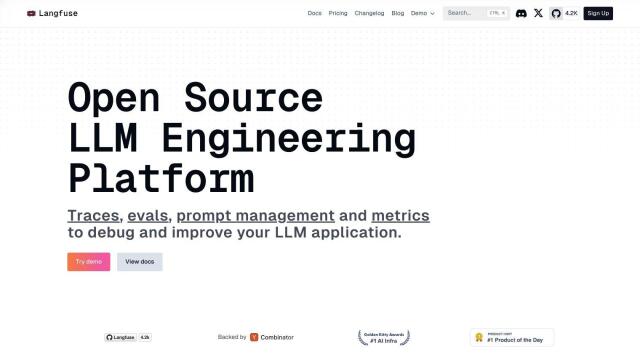
Langfuse
Also worth a look is Langfuse, which offers a broad range of features for LLM engineering, including debugging, analysis and iteration. With support for prompt management, evaluation and analytics, Langfuse captures the full context of LLM executions and provides insights into metrics like cost, latency and quality. It supports integrations with popular SDKs and is certified for security standards like SOC 2 Type II and ISO 27001, so it's a good choice if you need to comply with GDPR.

